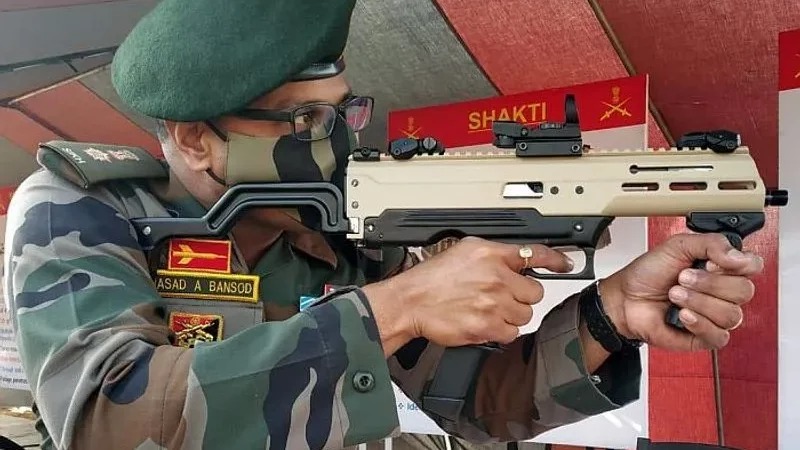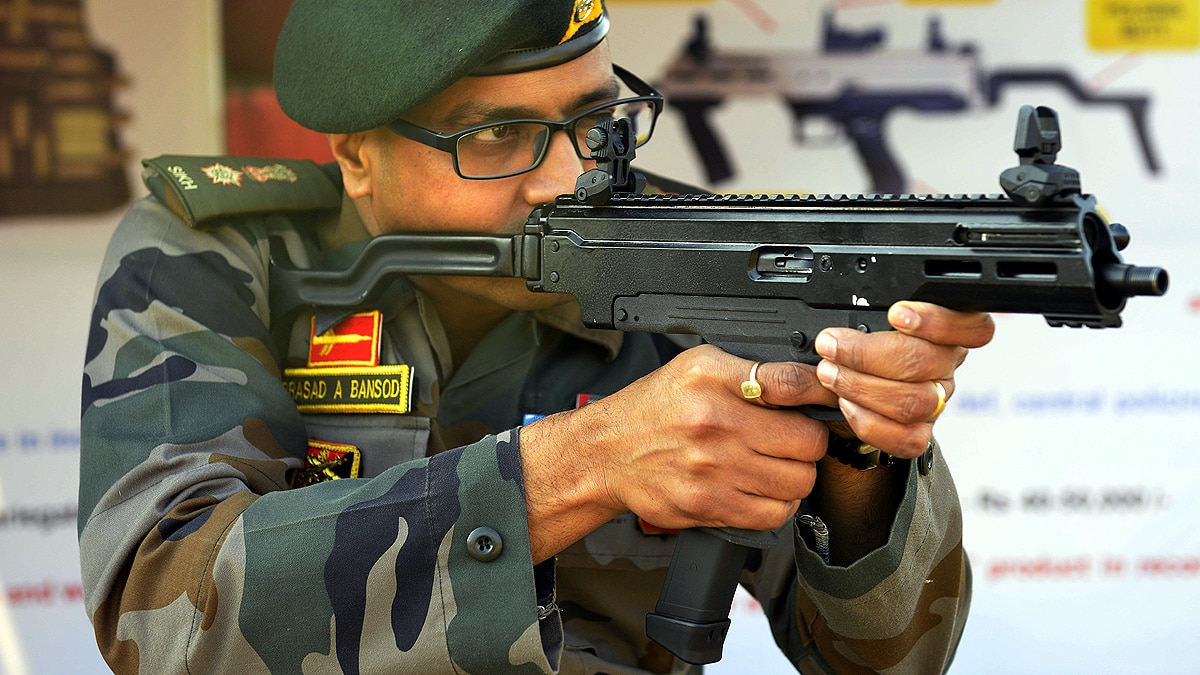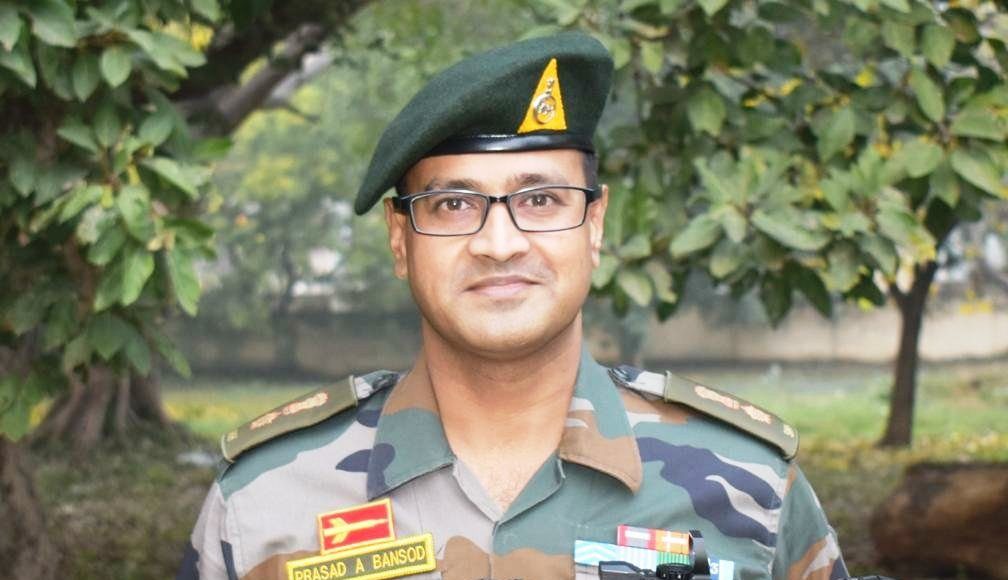In a significant departure from traditional promotion norms, the Indian Army has introduced a new Human Resources (HR) policy aimed at retaining domain specialists within its ranks.
The policy, which came into effect on January 1, 2024, seeks to promote domain specialization by allowing officers to continue working in specialized fields such as AI, space, IT, nano-technology, robotics, and weapons design, even after reaching higher ranks.
One of the early beneficiaries of this groundbreaking reform is Lieutenant Colonel Prasad Bansod, affectionately known as India’s very own Colonel Kalashnikov. Lt Col Bansod has garnered acclaim for designing and developing a revolutionary weapon – the ‘Asmi’ 9 mm carbine. With the Asmi already in limited series production, Lt Col Bansod’s expertise and innovation promise to revolutionize India’s defence capabilities.

Under the previous promotion policy, officers like Lt Col Bansod often faced the dilemma of transitioning to command or administrative roles, potentially sidelining their specialized skills and expertise.
However, with the implementation of the new HR policy, Lt Col Bansod received his long-awaited promotion orders on February 12, 2024, marking a significant milestone in his career.
Promotions in the Indian Army are typically based on factors such as rank, experience, service duration, and performance. Officers can ascend to the rank of Colonel through either time-scale promotion or selection grade promotion.

Time-scale promotions entail completing at least 26 years of commissioned service, while selection grade promotions involve merit-based assessments and examinations.
The new policy offers officers like Lt Col Bansod the opportunity to continue working within their specialized domains upon reaching the rank of Colonel, deviating from the traditional transition to command positions. However, officers opting to remain in specialized roles forfeit eligibility for additional career courses such as senior command or higher command.
Furthermore, officers specializing in niche fields will be evaluated after two years to determine whether further extension in their specialized roles is warranted. In the event of non-extension, officers will be reassigned to other staff roles commensurate with the rank of Colonel.
The introduction of this policy stems from the recognition that retaining specialized talent is crucial for enhancing the Indian Army’s operational effectiveness. The premature departure of officers from specialized roles often resulted in a void that adversely impacted the Army’s overall operational needs.
The success of the new policy in retaining specialized talent will be closely monitored by the Indian Army over a three-year period, with the aim of ensuring a seamless transition while maintaining operational readiness and excellence. As the Indian Army continues to adapt to evolving challenges, initiatives like these underscore its commitment to fostering innovation and expertise within its ranks.














